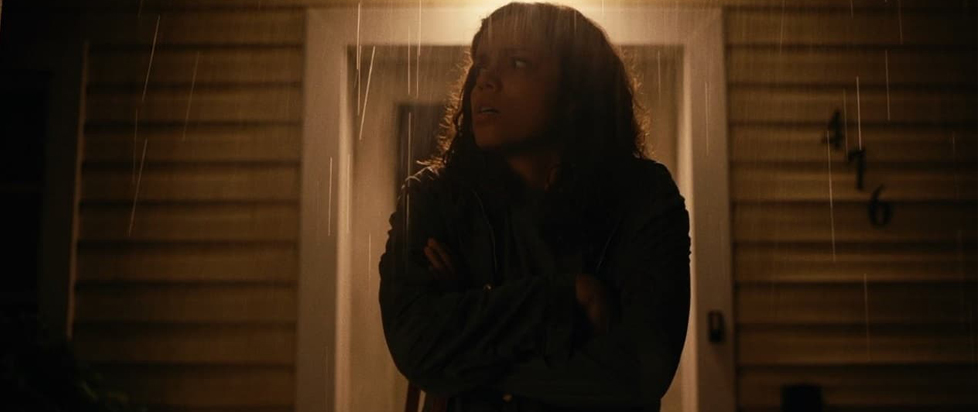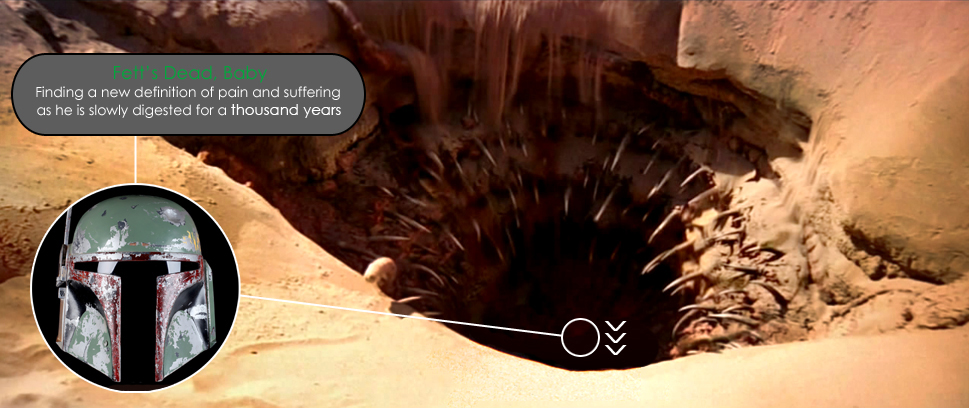
Go In Blind

This column is a reprint from Unwinnable Monthly #157. If you like what you see, grab the magazine for less than ten dollars, or subscribe and get all future magazines for half price.
———
Interfacing in the millennium.
———
It’s almost insulting how good “go in blind!” as a recommendation is at making people watch movies. It manages to convey everything while saying nothing with a concision envied by politicians and PR firms; there’s no good response to it save saying, outright, No! I will not! I will ruin the experience you have just told me is the opportune way to see this movie because I am a chronic Googler and dislike being surprised! You have to respect its boldness: both the promise that there is something worth seeing and the implicit threat that if you try to figure out what that thing is it will disappear in a puff of smoke like magic. I usually just end up caving and watching the movie.
There’s a very simple reason why you have to go into Barbarian blind: because the big twist makes no sense. The entire film bends around that moment of the reveal, where Bill Skarsgard’s character’s head is smashed against the walls of the underground tunnels – it’s a trick it only gets to play once. It’s a fundamentally shallow shock. The absurdity of it, the bold disregard of the established narrative and split-second conversion from realist thriller into gore-splattered, fantastical horror would be admirable if done well. Unfortunately, Barbarian is also shakily structured, over-reliant on surprise and seemingly unaware of its own strengths.
It’s hard to say whether Barbarian is about anything – a running theme ends up being something along the lines of “men are evil”, but the choice to make the monster a demented female figure lets that throughline get lost as the plot progresses. The script gets tired of the initial AirBnB conceit within 30 minutes, and anything intelligent it had to say about the justified paranoia of women is quickly abandoned once it’s revealed that the real villain is an evil monster living in the walls. The flashbacks shoehorn in an almost offensively dull origin story: a creepy man kidnaps women and stashes them in his basement, raping them and their children. Somehow, in a span of time that is short enough for him to still be alive but long enough that no one has ever heard of him, the incest and assault produces a creature best described as “fucked-up naked lady”, who proceeds to live in the subterranean tunnels of the house and terrorize any mice or tourists unlucky enough to wander in there. What point her exaggerated age, nudity and monstrosity is supposed to make is anyone’s guess.
The rapists of the film end up with a nice clean suicide and their eyes gouged out, respectively, and Tess does make it out alive, so the viewer could be forgiven for finding a feminist message in this mess. But there’s a pointlessness to the entire escapade that makes Tess’s eventual triumph feel hollow. What was the point of the initial AirBnB conceit if the movie Zach Cregger really wanted to make was about shadows lurking in tunnels? The tension between Tess and Keith – by far the most convincing aspect of the movie, the feeling of, wow, if this guy doesn’t hurt me, I might really like him – proving to be nothing more complex than a fake out is a waste of talented actors and a delightful scenario for character work and genuine, organic tension.
At the end of the day, Barbarian is structured just like its setting: the house is a known quantity, legible but foreign enough to have hidden depths that can be genuinely frightening, a simple but rich set. The tunnels are extraneous. They lure the characters out of a context that makes sense into an abstract, caricatured stage of false movement, where the rules of the game are bent to satisfy not the narrative but the viewer. In that moment of not knowing, when we hand the reins to the director and actors and set designers and makeup artists and screenwriters, it’s true: our capacity to be surprised, scared and disgusted is hypothetically limitless.
It’s effective in that sense: as an experience. But only once.
———
Maddi Chilton is an internet artifact from St. Louis, Missouri. Follow her on Twitter @allpalaces.




